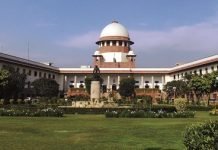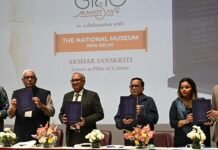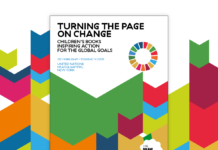The Bihar state education department, in August, instructed district education officers (DEOs) and district programme officers (DPOs) to transfer money allotted for purchase of textbooks to the bank accounts of parents of underage students who do not have their own bank accounts. On the other hand, students belonging to the economically disadvanted sections of the society apparently use these funds for personal expenditure.
Commenting on the Bihar book situation, Rajesh Khar, editor of Pratham Books explains, “It is not only Bihar, I think it is a universal issue. In poor households, the first priority becomes bread, second clothes, third shelter, and if there is anything left at all, it goes to health, education remains last. A child can still survive without education. It is only when people realize that it is one of the most fundamental needs of life and the mind, then they will invest in education.
“In most urban areas like Delhi, poor people send their children to the nearest public or private schools and they gladly pay for it. It is because they understand the importance of education and it differentiates them from those who don’t spend money on education. Talking about Bihar, the people are dependent on guaranteed employment programs and schemes and barely meet their ends and when they come across extra money, it is quickly spent on other important things. It is not intentional but a vicious circle. When they can’t afford education, their status remains stagnant. They remain poor and are unable to afford education and grow.”
Talking about the ways the situation can be dealt with, he says, “If the government of Bihar looks at publishers like us, we can physically provide books to an extent. If the books are not available in Bihar, we can provide them with supplementary reading materail which can be used to teach in schools. In the past, we developed 100 readable cards in partnership with the Bihar government for children of various levels so that they could be used in anganwadis and primary schools. Pratham Books went and supervised the whole project. We gave the entire content for free and the Government of Bihar produced it.”

















